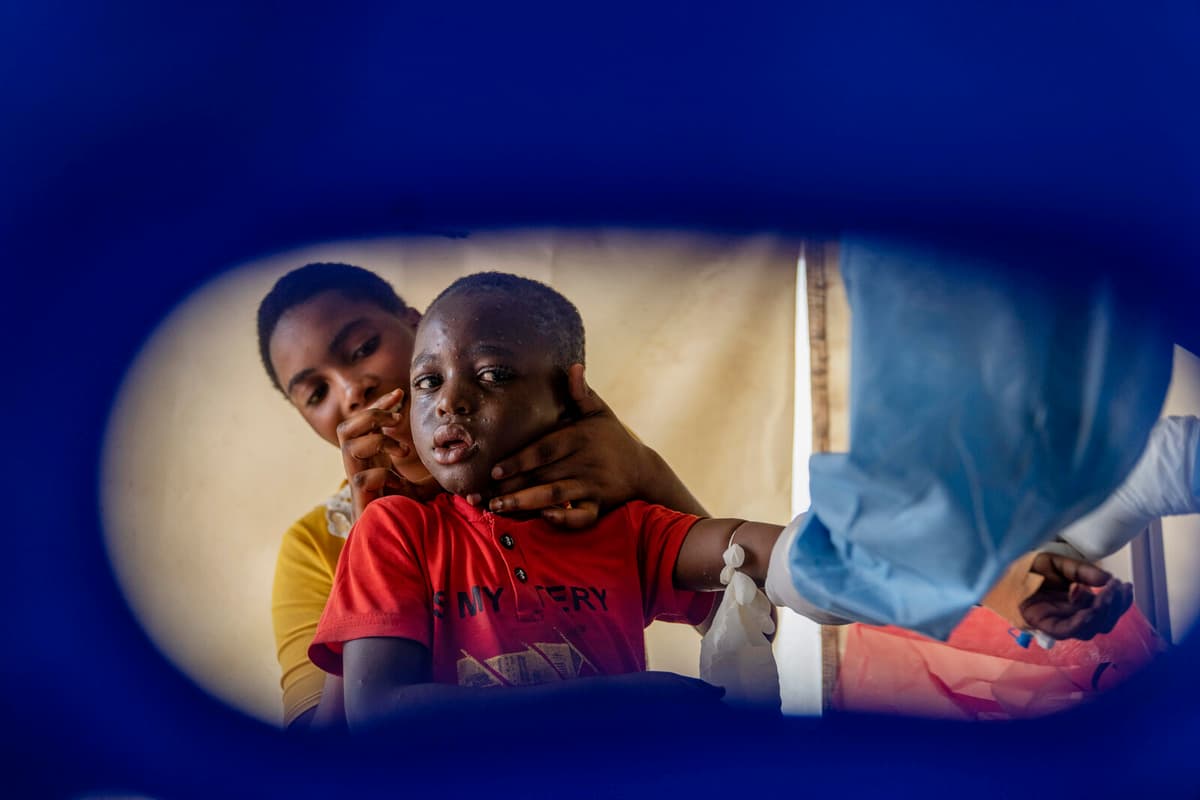According to the Robert Koch Institute in Berlin, the patient was infected abroad, but the institute does not provide further information, reports AFP.
The variant is called mpox clade 1b and is spreading in several central African countries. The first case outside the African continent was reported in Sweden in August. Since then, one case each has been detected in Thailand, India, and now Germany.
The World Health Organization (WHO) decided in August to classify mpox clade 1 as an international threat to human health. This means that international efforts are being coordinated and each country is monitoring the situation.
Considering the outbreak in Africa is relatively large, more "import cases" could have been expected, according to state epidemiologist Magnus Gisslén at the Public Health Agency.
But the outbreak is ongoing in areas where we don't have much travel, and it mainly spreads through sexual contact, he says.
He sees no reason to worry about a larger spread in Europe.
We and authorities in other countries are really keeping an eye on this, to quickly identify, diagnose, and isolate any cases and thereby reduce the risk of transmission.
Mpox is a viral infection caused by the monkeypox virus. The disease appears as painful blisters on the skin or mucous membranes and often requires pain-relieving treatment.
In most cases, the infection heals within two to four weeks, but some people can become very ill.
The variant of mpox currently spreading mainly in Africa, called clade 1, is believed to cause more severe disease than clade 2.
Source: Public Health Agency






